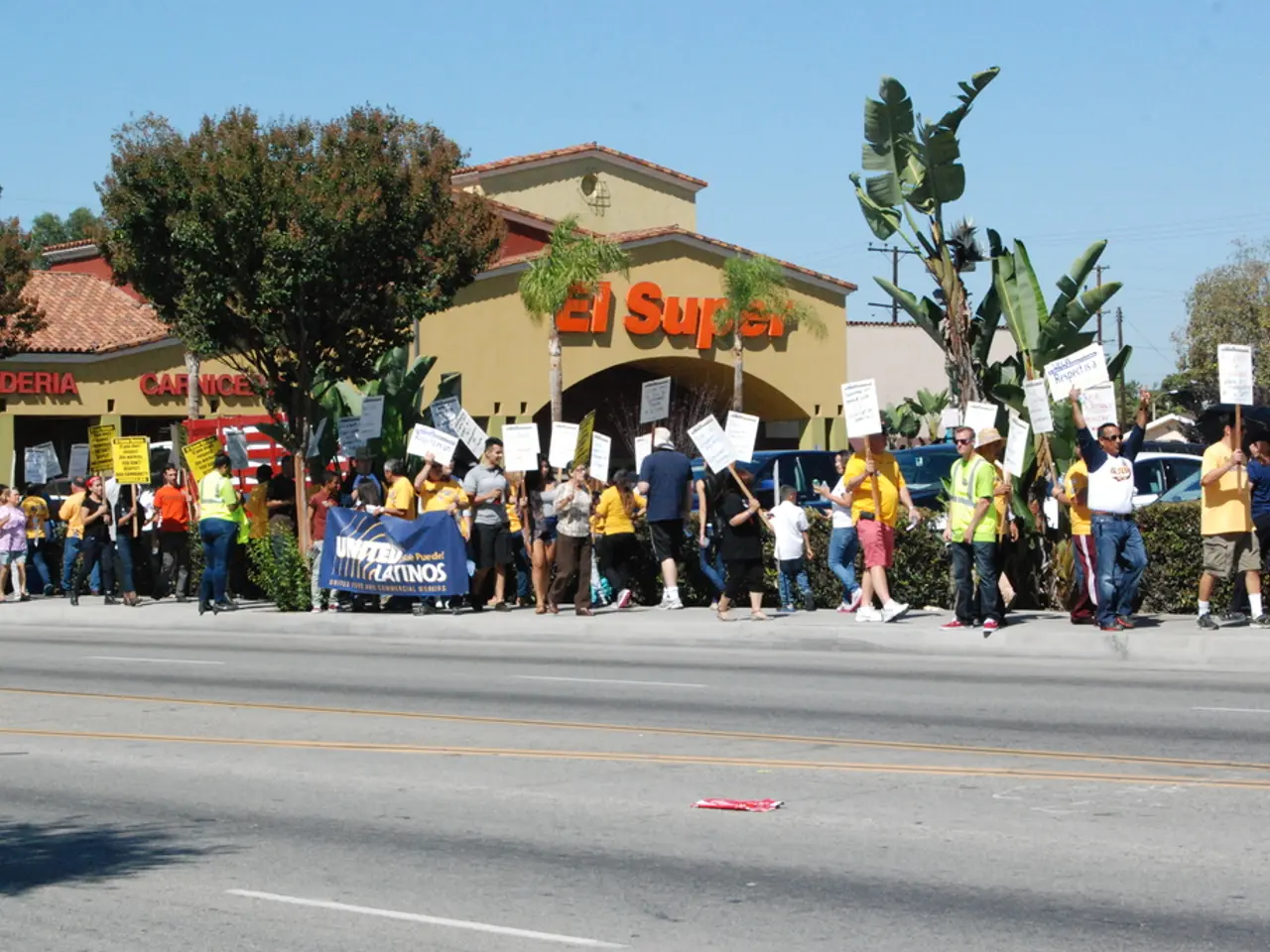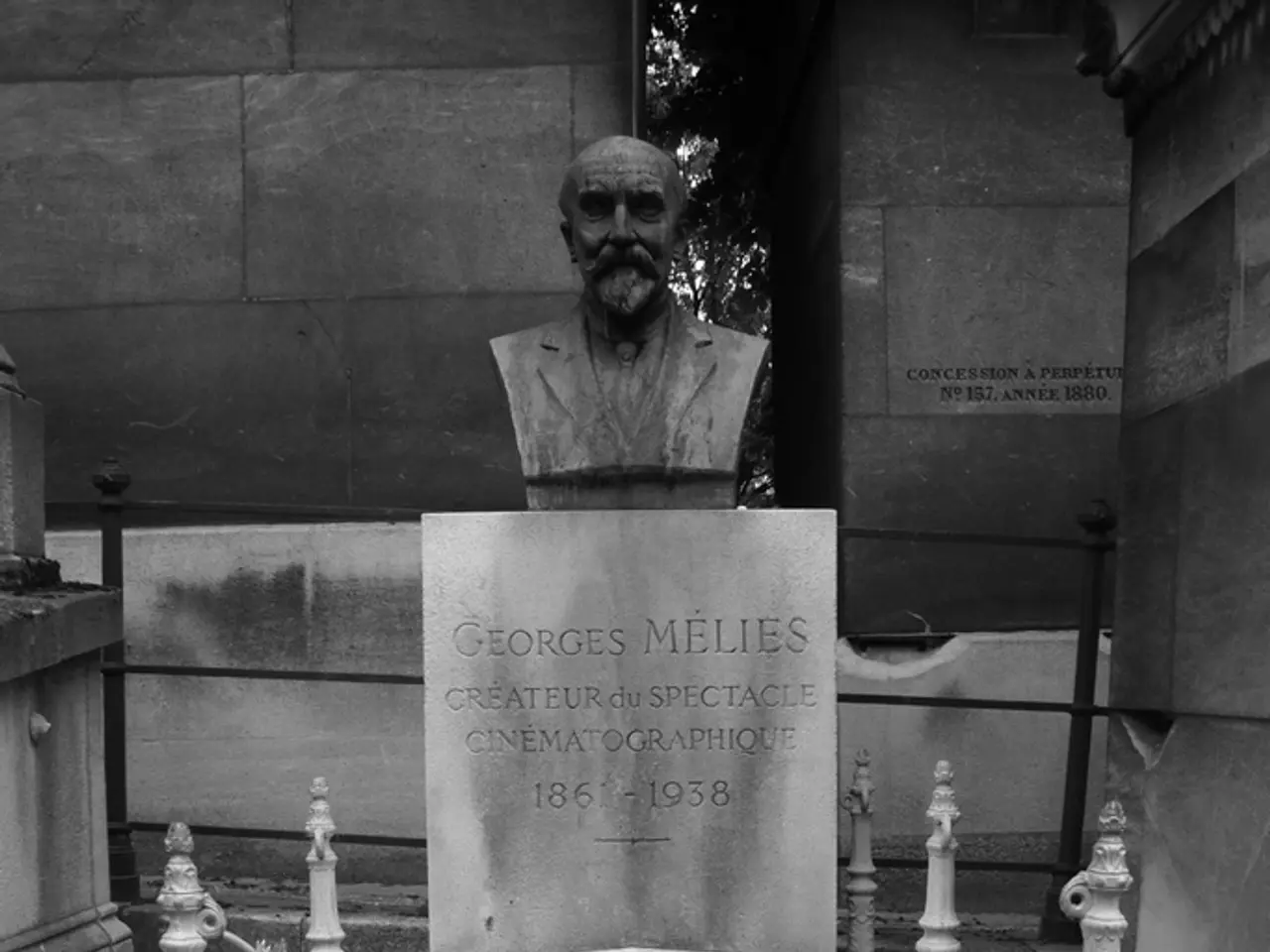Arizona primary election special: A new battleground in the ongoing Democratic generational conflict
## A Tight Race in Arizona's 7th District: Experience vs. Generational Change
The recent Democratic primary in Arizona's 7th Congressional District, following the passing of long-time progressive representative Raul Grijalva, was a heated contest between established politics and a fresh, young voice. The race, marked by a strong emphasis on age, experience, and policy priorities, has shed light on the ongoing dialogue within the Democratic Party regarding generational change and the value of experience.
Adelita Grijalva, the late congressman's daughter, entered the race with a significant advantage, boasting endorsements from high-profile progressives like Rep. Alexandria Ocasio-Cortez and Sen. Bernie Sanders. Her campaign focused on her deep ties to the district and her father's political legacy, emphasizing her readiness to continue his work in Congress. Grijalva's campaign highlighted her experience, continuity, and her ability to deliver on key issues such as immigration, health care, and environmental justice.
Deja Foxx, a digital strategist and reproductive rights advocate, represented a new generation of Democratic activists. Foxx positioned herself as an outsider, running as the "change candidate" and the sole "break from the status quo" in the race. Her grassroots organising and social media savvy caught the attention of voters seeking a departure from traditional politics and a greater focus on issues like reproductive rights and youth mobilisation.
The race also reflected ongoing debates within the Democratic Party about policy focus and political strategy. While Grijalva's campaign leaned on traditional progressive priorities like Medicare for All, immigrant rights, and environmental protection, Foxx brought attention to issues like digital organising, reproductive justice, and the need for more diverse voices in leadership, reflecting broader generational and ideological shifts within the party.
In the end, Adelita Grijalva emerged as the winner, capturing 62% of the vote in a crowded field[3]. Her victory suggests that in this deeply blue and historically progressive district, experience, legacy, and established progressive credentials still resonate strongly with Democratic primary voters. However, Foxx's ability to gain traction, despite being seen as an underdog, points to a meaningful constituency for newer faces and fresh approaches within the party.
The robust campaigns by both candidates underscore the Democratic Party's continued dialogue over how to balance the wisdom and effectiveness of experienced leaders with the energy and innovation of a rising generation. This dynamic mirrors national Democratic tensions as the party grapples with how to sustain its coalition across age and experience divides.
If elected, Deja Foxx would have been the first Gen Z woman to serve in Congress, a testament to the growing influence of young, digitally-native candidates within the Democratic Party. The race in Arizona's 7th District serves as a reminder that while experience and legacy may hold significant weight, the demand for generational change is a force to be reckoned with in today's political landscape.
- The media has covered the ongoing debate within the Democratic Party about the value of experience versus generational change, as highlighted by the recent primary election in Arizona's 7th Congressional District.
- The race between Adelita Grijalva and Deja Foxx showcases the importance of policy priorities, such as immigration, health care, and environmental justice, in the eyes of Democratic voters.
- General news outlets have reported on the ongoing issues of crime and justice, with accidents and fires being some of the common occurrences cited.
- The political landscape has been impacted by recent events, such as war and conflicts, migration, and policy and legislation changes that have resonated with voters in various districts.
- In the midst of political discussions, the role of the media and its influence on elections has been a topic of contention, with some arguing that media bias can sway voter opinions.
- The process of governing and lawmaking has been affected by car accidents, with some fatalities resulting in policy changes regarding road safety and traffic laws.





